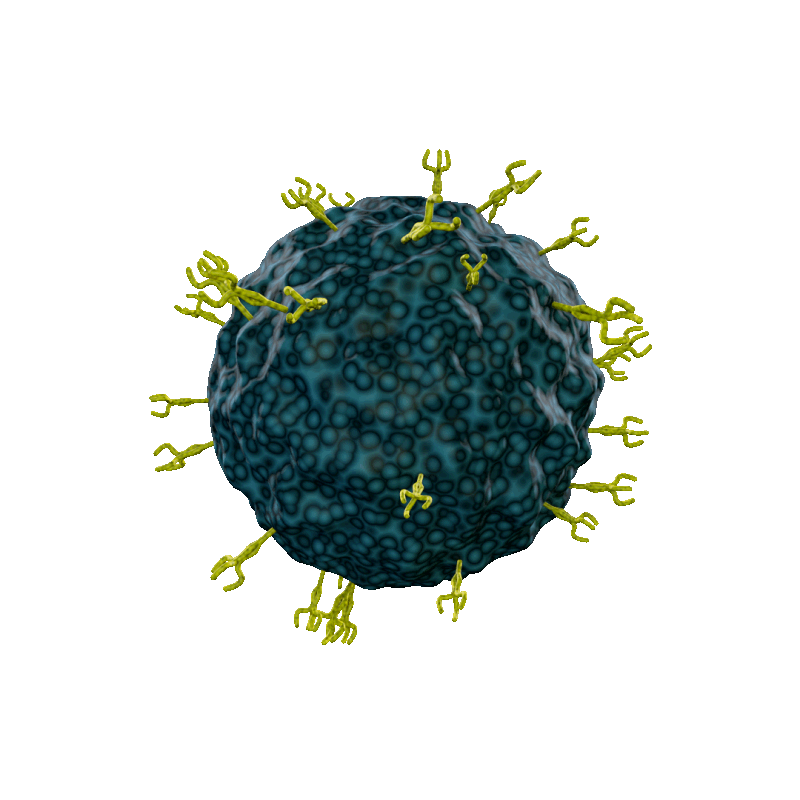How do viruses invade our body?
Introduction to Viral Invasions
Viruses are minuscule invaders that cannot survive independently. They require a host, such as humans, to replicate and propagate. The infection process typically begins when we encounter a virus through the air, contaminated surfaces, or bodily fluids.
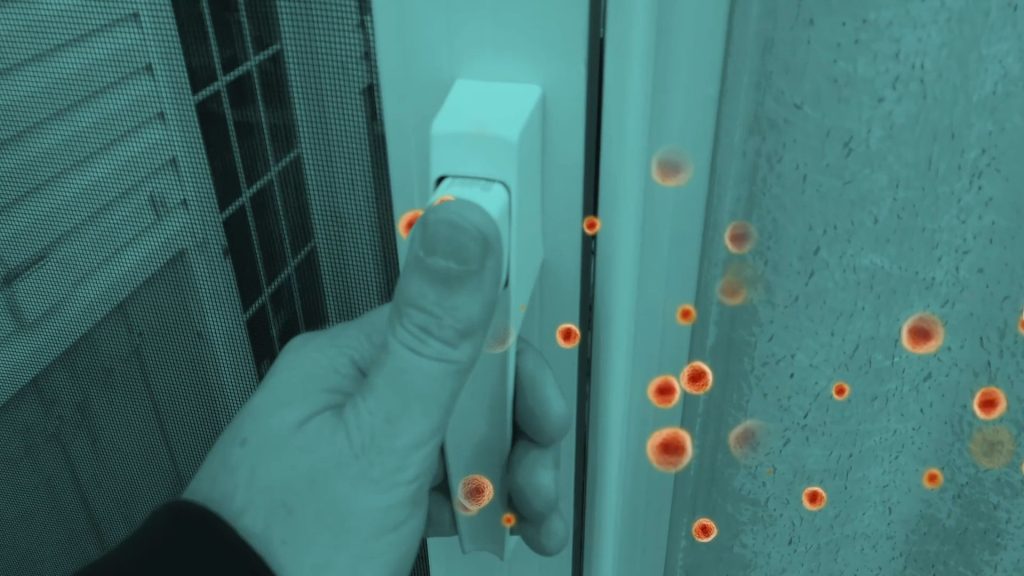
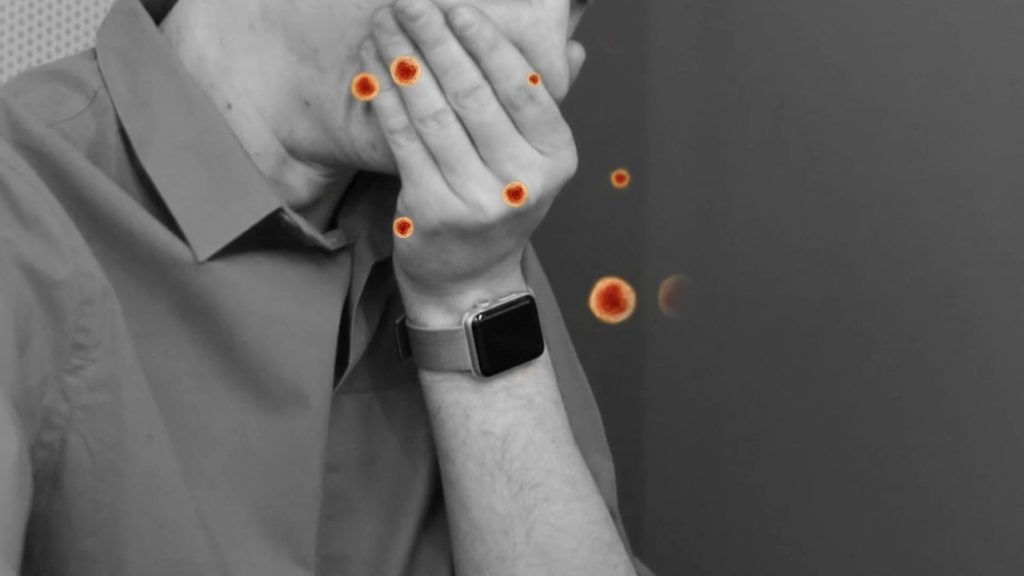

Common Entry Points
The primary gateways for viruses into our bodies are the respiratory and digestive systems. These systems are frequently exposed to the external environment, making them accessible entry points for viruses.

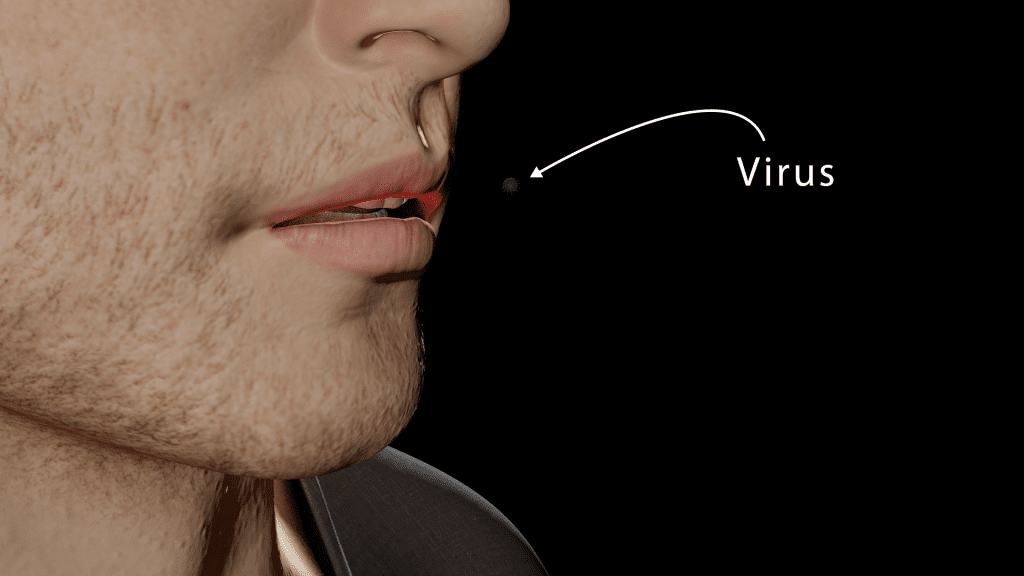
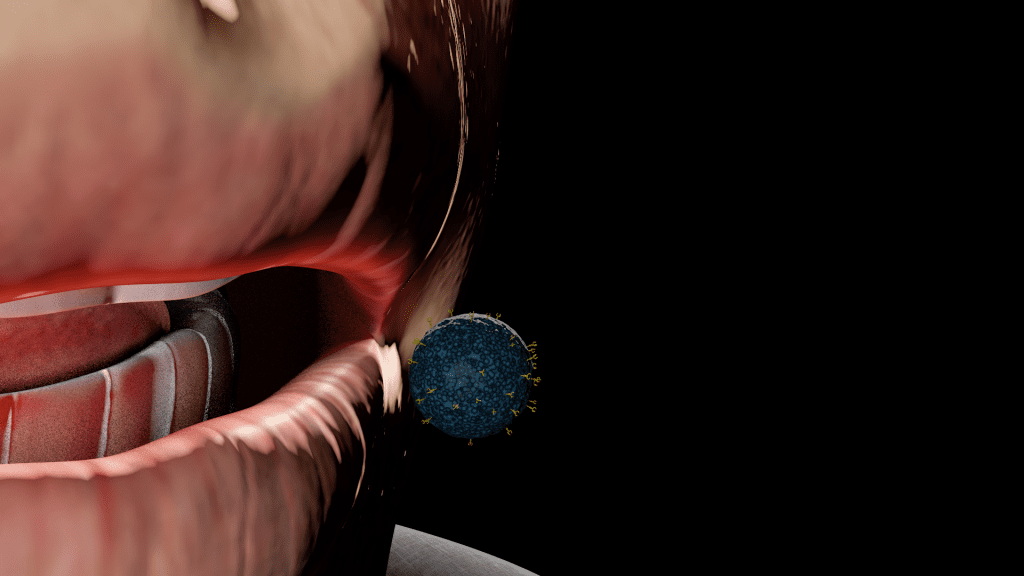
Bypassing Host Defenses
Upon entering the body, viruses deploy various strategies to evade and bypass our immune defenses. A crucial tactic involves targeting specific cells that have the appropriate surface receptors. This interaction works similarly to a key entering a lock, enabling the virus to gain entry into the cell.
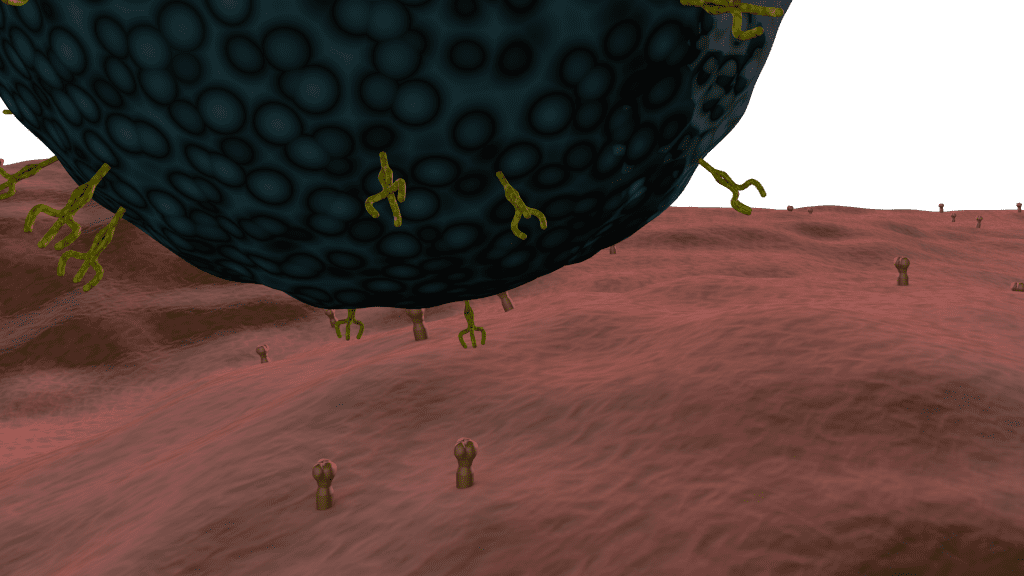
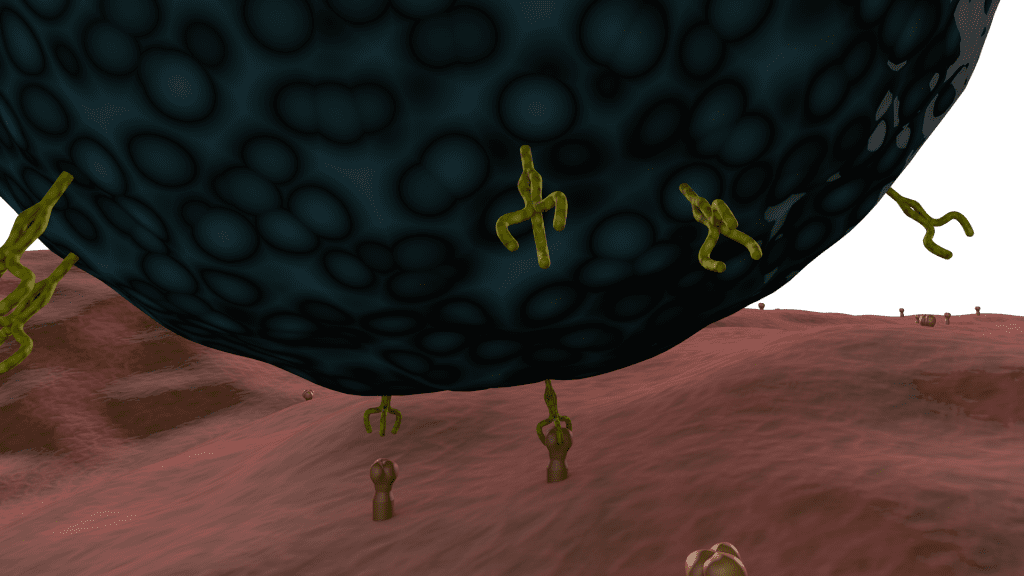
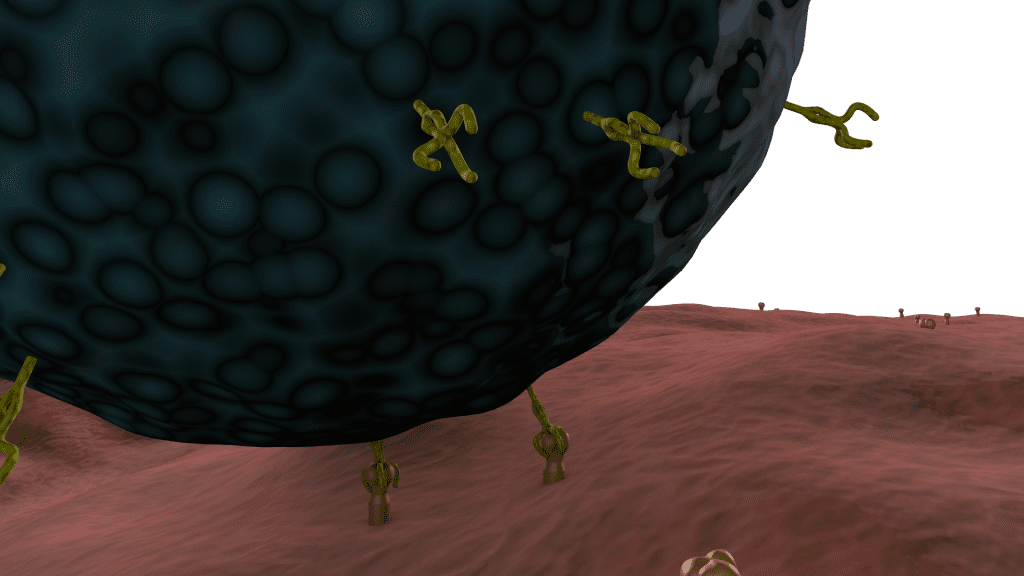
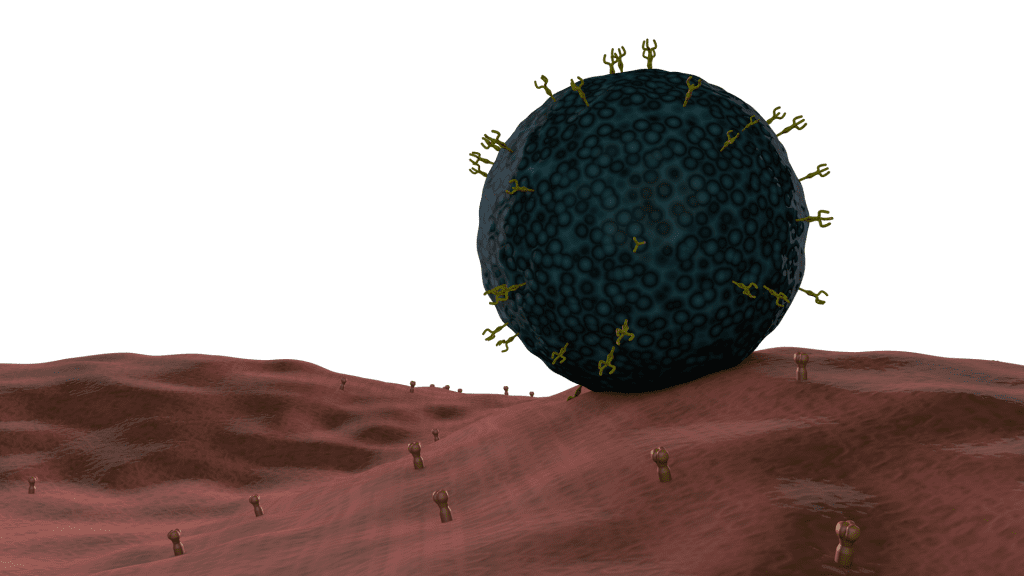
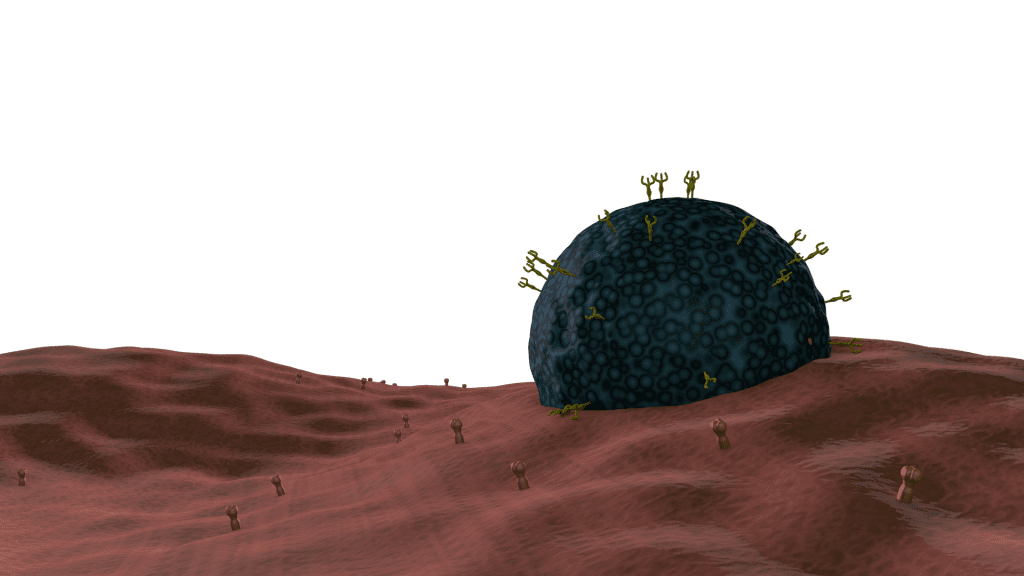
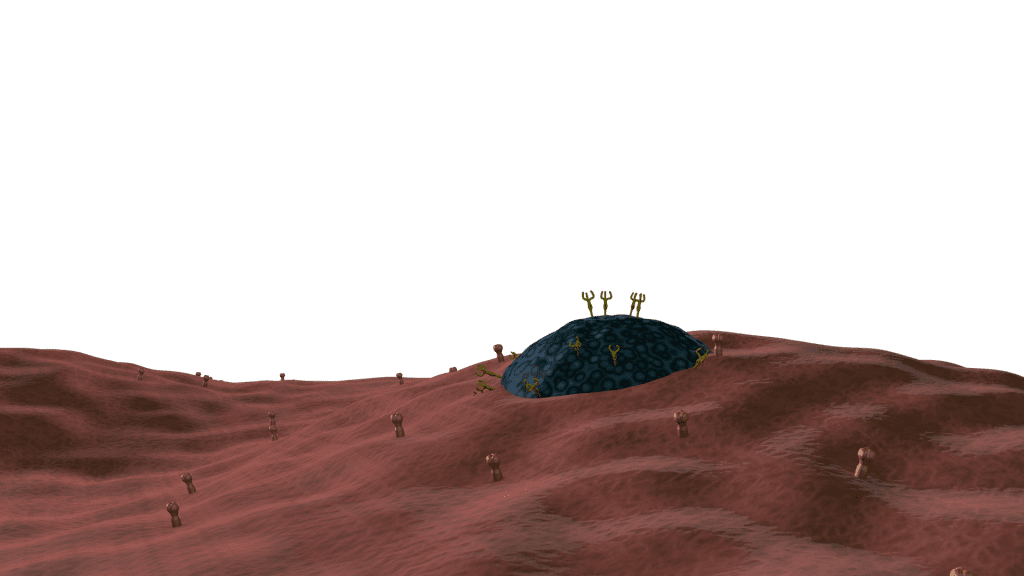
Taking Over Cellular Machinery
Once inside a cell, the virus begins to take control of the cell’s machinery. The virus integrates its genetic material with the host’s cellular system, turning the cell into a virus-producing factory. This process involves replicating the viral genetic material and constructing new virus particles.
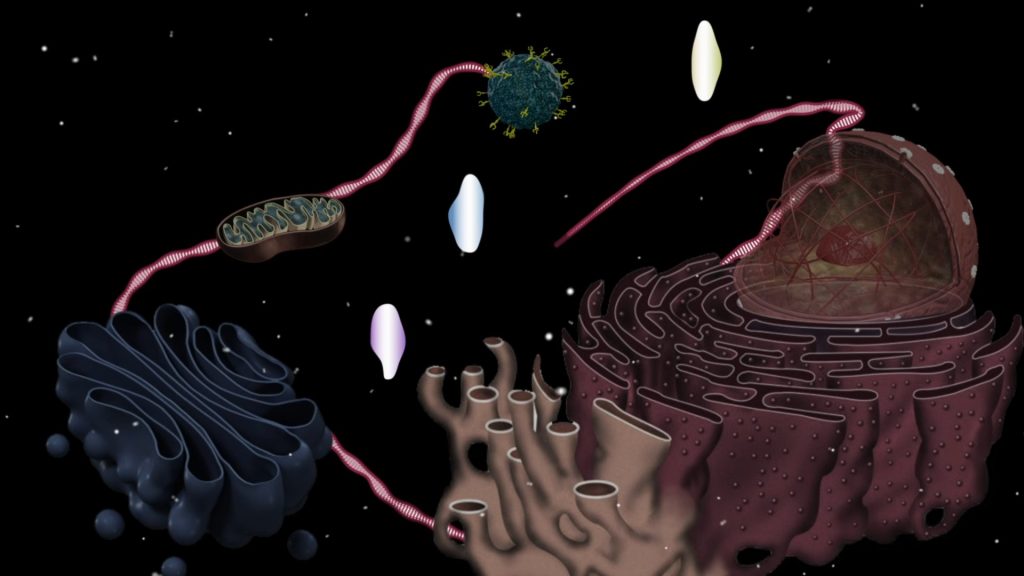
Cell Destruction and Spread
The production of viruses eventually overwhelms the host cell, leading to its destruction. When the infected cell breaks down, it releases new virus particles. These newly formed viruses then proceed to infect neighboring cells, continuing the cycle of infection and cell destruction.


Watch full video
What are viruses?
- Viruses are tiny infectious agents that require a living host to replicate and survive.
How do viruses enter the human body?
- Viruses can enter through the respiratory and digestive systems, or through direct contact with contaminated surfaces or bodily fluids.
What are the common entry points for viruses into our bodies?
- The most common entry points are the respiratory tract and the gastrointestinal tract.
How do viruses bypass our immune system?
- Viruses use various mechanisms, including mimicking or hiding from immune cells, and exploiting cellular receptors to enter cells undetected.
What is the significance of surface receptors in viral infections?
- Surface receptors on host cells act like locks that viruses, with the right ‘key’—their surface proteins—can unlock to gain entry into the cell.
Once inside the host cell, what does a virus do?
- The virus hijacks the cell’s machinery to replicate its genetic material and produce new virus particles.
How do viruses replicate within our cells?
- Viruses insert their genetic material into host cells, which is then replicated and used to produce viral components.
What happens to cells that are infected with viruses?
- Infected cells are often destroyed either by the virus’s actions in replicating itself or by the immune system attacking the infected cell.
How do new virus particles leave the infected cells?
- New virus particles exit the cells typically by causing the cell to burst (lysis), or through budding, which envelops the virus with a piece of the cell membrane.
How do viruses spread from one cell to another?
- After being released, viruses infect neighboring cells or enter bodily fluids to spread to different parts of the body.
What is viral shedding?
- Viral shedding refers to the release of virus particles from an infected host, which can then infect new hosts.
How do antiviral drugs work?
- Antiviral drugs can inhibit viral replication by blocking virus entry into cells or interfering with viral enzymes and protein synthesis.
Can a virus change once inside the body?
- Yes, viruses can mutate while replicating inside a host, potentially altering their virulence or resistance to drugs.
Why do some viruses only infect specific types of cells?
- Some viruses have specific surface proteins that only bind to receptors on certain types of cells, determining their tissue tropism.
What is the role of the immune system in fighting viruses?
- The immune system detects and destroys viruses and infected cells through various mechanisms, including antibodies and cytotoxic cells.
What are asymptomatic viral infections?
- Asymptomatic infections occur when a virus infects a host but does not cause noticeable symptoms, though the host can still spread the virus.
Why do viruses cause diseases?
- Viral diseases result from the damage and cell death caused by viral replication and the immune response to the infection.
How do vaccines prevent viral infections?
- Vaccines stimulate the immune system to recognize and fight the virus without causing disease, typically by introducing a harmless part of the virus.
What factors influence the severity of a viral infection?
- Factors include the type of virus, the dose of exposure, the route of transmission, and the host’s immune system health.
How are emerging viral infections monitored globally?
- Global surveillance systems track emerging viruses through reporting, sample analysis, and collaboration between countries and health organizations.
How do viruses invade our body?
How do viruses invade our body?
How do viruses invade our body?
How do viruses invade our body?

